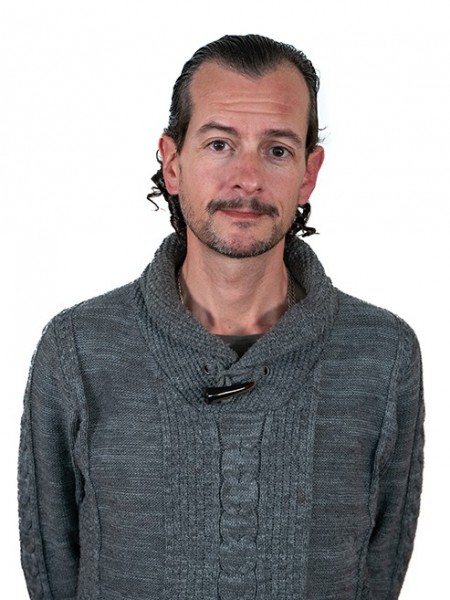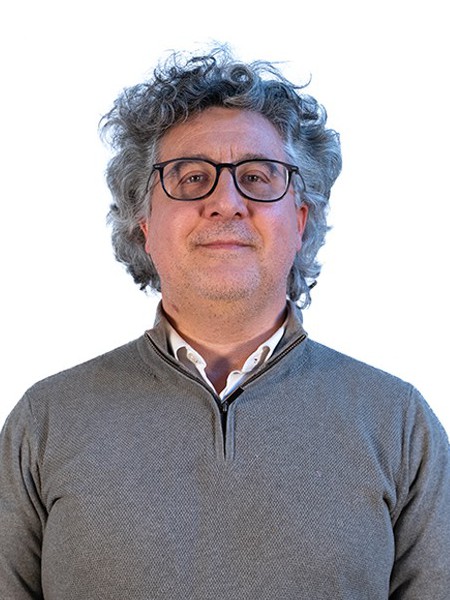abstract
A novel coarse-grained (CG) model to study the self-assembly of silica/surfactant mesostructures during the synthesis of periodic mesoporous silica is reported. Molecular dynamics simulations of hexadecyltrimethylammonium bromide (also called cetyltrimethy-lammonium bromide, or CTAB) surfactants in water and in aqueous silicate solutions have been performed to understand micelle formation, micelle growth, and their size evolution during the synthesis of surfactant-templated mesoporous materials. Direct comparison of density profiles obtained for preassembled micelles employing an all-atom description, AA, with those calculated with the CG model has been carried out for checking the validity of the latter model. Good agreement between AA and CG approaches was found, demonstrating the potential of the CG approximation for modeling these highly complex systems. The micelle formation and micelle fusion/fission processes were analyzed after performing long CG simulations for surfactant and ionized silica-surfactant aqueous solutions. We observed the formation of rodlike micelles in the case of silica-surfactant solutions, while spherical micelles were stable under the same conditions for the CTAB+H2O system. This demonstrates that the interaction of anionic silicates with cationic surfactants promotes a sphere-to-rod transition in surfactant solutions, a key step in the synthesis of nanoporous silica materials.
keywords
MOLECULAR-DYNAMICS SIMULATION; SPHERE-ROD TRANSITION; PERIODIC MESOPOROUS SILICA; MONTE-CARLO-SIMULATION; AQUEOUS NABR SOLUTIONS; COARSE-GRAINED MODEL; SURFACTANT SOLUTIONS; COUNTERION BINDING; IONIC SURFACTANTS; LIGHT-SCATTERING
subject category
Chemistry; Materials Science
authors
Perez-Sanchez, G; Gomes, JRB; Jorge, M
our authors
Projects
acknowledgements
This work is partially supported by projects PEst-C/EQB/LA0020/2011, PEst-C/CTM/LA0011/2011, PTDC/QUI-QUI/109914/2009, and PTDC/EQU-EQU/099423/2008, financed by FEDER through COMPETE - Programa Operacional Factores de Competitividade and by FCT - Fundacao para a Ciencia e a Tecnologia. M.J. and J.R.B.G. also acknowledge funding from Programa Ciencia 2007.



